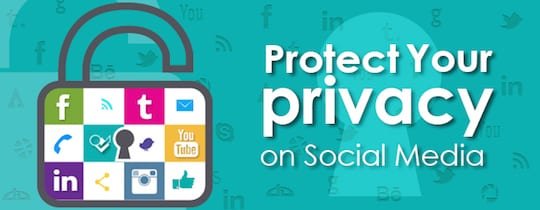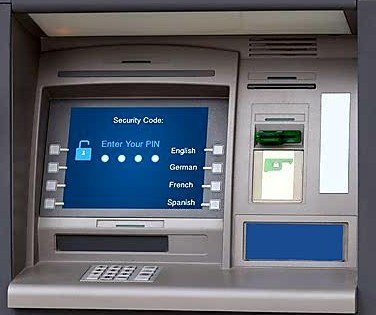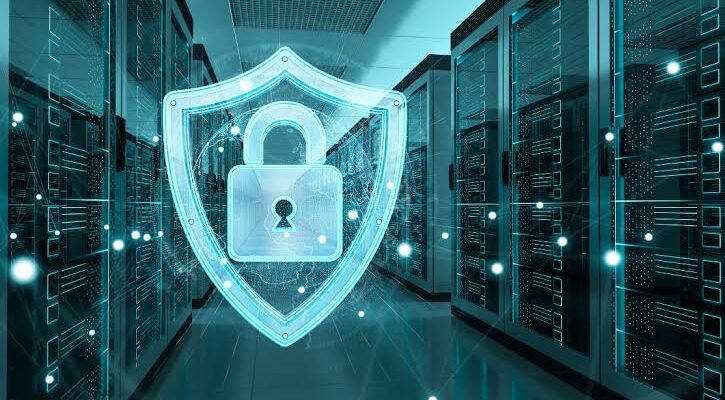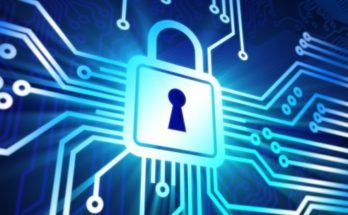This is a continuation from the first part of this article. In this part we are going to consider what we can do to avoid falling victim of cyber hazards.
What can you do?
- Become aware. Many who use digital equipment are not aware of the fact that the digital space is fraught with many dangers. That is why they leave themselves open to victimisation. So take action to learn about cyber-criminals and their methods. The reality is that over 70% of those falling victim to cyber-criminals are ignorant of their existence and of how vulnerable themselves could be. So it behooves everyone who has a digital footprint to gain useful, pertinent information. It will also help to bear in mind that the activities of cyber villains is continually evolving. That means that they are always changing their methods and approaches. The key principle is vigilance at all times.

- Use anti-malware software and hardware in your digital devices and equipment. So, you may wonder, what is anti-malware? Simply put it is any application or equipment that is used to identify, obstruct, and eliminate a malware. A malware is any executable program that is designed to effect deleterious commands on a digital system without the consent of its owner. That is a rudimentary definition, but it can serve our purpose here. Top among the malwares is the Virus. Generally, a Virus is an executable script, usually written in Java, which can negatively impact on the function of your computer or mobile devices. The basic weapon of cyber- criminals is the virus. In some ways the virus in digital space is similar to the virus that attacks the human body. For example in both cases the virus is transmitted into the system from outside. There are many ways that a virus can get into your computer – PC or cell phone.That is why it’s important for you to use anti-virus Apps in your systems. Happily there are many anti- virus software in the market today. And many of them have free versions. So you can use Google or any search engine of your choice to find the various ones that are available and then choose the most suitable. Interestingly, most anti-viruses are indeed imbued with the capacity to protect against other malware such as Trojans, Worms, and the rest of them.
In addition to anti-malware softwares, there are other applications that offer protection against un-authorised access to your digital space. One of such is the Virtual Private Network (VPN).This technology makes it possible for you to use the Internet, Intranet, or any network for that matter without exposing the actual IP address of your computer or other digital device. The logic is that your vulnerability to cyber attack over any network is most often exploited using your IP address as gateway. In that case, the VPN will cover your address and serve as a front line barrier between your device and that of any other user. There are many VPN applications available for your use, many of them free. There are even some browsers that can carry in-built VPN.
Taking this a step further, another technology that offers protection against malicious cyber activities is the Firewall. Basically, what the Firewall does is to block data signatures that have not been given prior permission to enter your system. There are two types of Firewall: the software and the hardware. You can use any type of Firewall in your PC or laptop.
Also you can use Encryption applications to safeguard your digital space. Encryption is a technology that scrambles all data output emanating from your system including your IP address. When that happens it becomes almost impossible for anyone to decipher your data stream. That situation accords you a great measure of security.
- Multi-layered authentication is also helpful. Authentication factors have become a critical element in today’s interactions in the digital space. Examples include Password, Personal Identification Number (PIN), Token, Biometrics such as fingerprint, face-recognition, iris, voice, etc. All or any combination of these factors can be used to verify the authenticity of the user. If one of them can be compromised, you bet it would be very difficult to undermine two or three of them when used in concert with each other.
Among the authentication factors the one you can control is the password. Therefore it is imperative that you know how to generate a password that can stand the wizardry of cyber- criminals. A study conducted by the UK National Cybersecurity Agency revealed that many netizens use very simplistic passwords and are thus open to victimisation in the digital space. It can’t be gainsaid that illegal Hackers possess the wherewithal to crack passwords, especially the simple ones. That study discovered that some persons use strings like ‘abcdefgh’ as password. Others use their names, or the names of their relatives. Such practice is dangerous. Learn to construct passwords that are hacker-proof. In our next article we shall give attention to Passwords in greater detail.
Keeping your critical digital information under lock and key is also very important. And if at any time you discover that it’s been compromised then hurriedly effect changes and lodge a report to the relevant authorities.
- Exercise care in the use of Social Media Platforms. There are many of these platforms and websites that bring together a humongous number of people into close proximity by means of the Internet. The fact remains that many who appear as innocuous individuals or groups on these platforms are in reality predators. It is very easy for criminals to hide their true identities when they are online. After all some of them even engage in identity theft so as to hide who they are. The point? Be selective when accepting friend requests. A veritable rule of thumb in this regard is: Make friends with only people you know physically or those that you can verify their identity.
Beyond that, it is also vital that you exercise self control in divulging information on social media platforms. From your personal information to your day to day activities be mindful of what you volunteer for public consumption. Your address, telephone number(s), names of relatives, etc. are supposed to be deemed sacrosanct. Keep them to yourself. Additionally, desist from flaunting your resources on social media platforms.
For instance, consider this scenario: someone posts that he has just received a cheque for over US$1million. He may be joking actually, but is it everyone seeing the post that will discountenance it as such? That is a dangerous joke. Don’t do it. - Be careful when you use the Automated Teller Machine (ATM), Point of Sale (POS), and any other such machines. Don’t allow anyone to look over your shoulder when you key in your data. And ensure that the equipment has not been compromised with a skimmer.

As we stated earlier the methods and techniques of cyber-criminals are ever changing but you can thrive by being aware of possibilities and by exercising caution and also by using common sense. Take care!

Chidi A. Anumudu
OGSSIAN class of 75 – 80
CEO, Firmfences Cyberprotection Company Lagos
![]()




